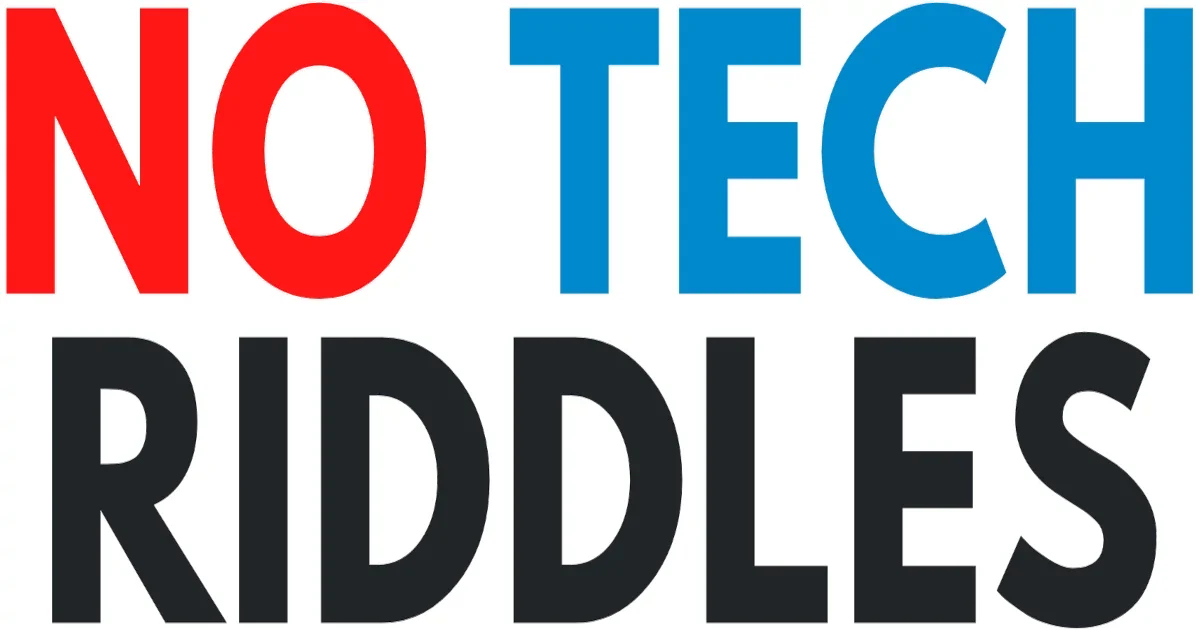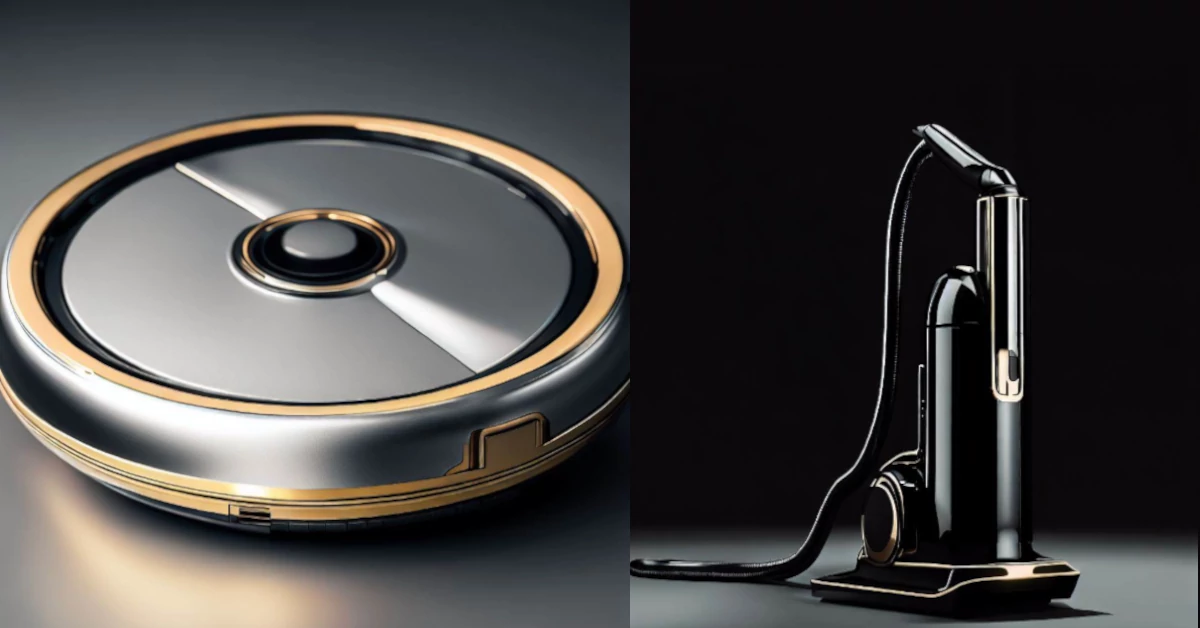Are you sick of having to cough and sneeze all the time while you vacuum? Do you feel like your vacuum cleaner is not getting rid of dust and allergens well enough? If so, you should get a high-efficiency particulate air (HEPA) filter that works like a cyclone.
This technology will not only make your home’s air better, but it will also save you time and money over time.
In this article, I will talk about the benefits of HEPA filters with cyclonic action and why everyone who owns a home or wants to buy a vacuum cleaner should have one.
You will be able to breathe better and clean better.
HEPA Filters and Vacuum Cleaners

- HEPA Filters: An Effective Solution for Allergies and Pollutants
High-Efficiency Particulate Air (HEPA) filters are a popular way to clean the air of allergens and other pollutants.
The Environmental Protection Agency (EPA) says that HEPA filters can get rid of up to 99.97% of dust, pollen, and other particles in the air that are smaller than 0.3 microns.
Because of this, they can help people with allergies or breathing problems.
How Do HEPA Filters Work?
HEPA filters are made of a dense sheet of small fibers that catch and hold large particles.
Ultrafine particles are caught when they move in a zigzag pattern through the filter and hit a fiber and stick to it.
The filter is made of netting with many layers and holes of different sizes.
The netting is usually made of very fine fiberglass threads.
This makes it possible for the filter to catch particles of different sizes.
Benefits of HEPA Filters
Studies have shown that air filtration reduces the number of allergens in the air, which may help people with allergies.
For a single room, experts say to use an air cleaner with a HEPA filter.
Make sure that the clean air delivery rate (CADR) of the filter matches the size of the room where you plan to use it.
HEPA Filters in Vacuum Cleaners
Some vacuum cleaners also have HEPA filters that catch more dust from the exhaust.
This means that when you vacuum, less dirt and dust mites are thrown back into the room.
Because of this, they are a great choice for people with allergies or breathing problems.
Air Purifiers with HEPA Filters
Using an air purifier with a HEPA filter, you can get rid of allergens that are caused by pets.
But it is important to remember that some air cleaners can make allergies worse instead of better.
Ionic electrostatic room cleaners send out ions that force particles to stick to walls or surfaces.
But they do not get rid of all the dust in the air, and the ozone they make is known to be irritating.
Even though it is not required, most good air purifiers have been tested by a third party to see how well they remove pollutants from indoor air.
HEPA filters are a good way to get rid of allergens and other pollutants in the air.
They come in air purifiers and vacuum cleaners, so people with allergies or breathing problems can use them easily.
When choosing an air cleaner or vacuum cleaner with a HEPA filter, it is important to make sure that the filter’s CADR matches the size of the room where you plan to use it.
Cyclone Technology: The Perfect Companion to HEPA Filters in Vacuum Cleaners
Cyclone technology is a crucial component in modern vacuum cleaners, especially those equipped with HEPA filters.
This technology uses centrifugal force to separate dust and debris from the air, preventing them from clogging the filter and reducing suction power.
Cyclone technology works by creating a vortex that spins the air and particles inside the vacuum cleaner’s dustbin.
As the air spins, the heavier particles are thrown to the outer edges of the bin, while the cleaner air is directed towards the filter.
This process ensures that the HEPA filter only captures the smallest and most harmful particles, such as pollen, pet dander, and dust mites.
By combining cyclone technology with HEPA filters, vacuum cleaners can provide superior cleaning performance and improve indoor air quality, making them an essential tool for allergy sufferers and anyone concerned about their health.
For more information:
Cyclone Tech: Boost Your Vacuum Power!

HEPA Filters and Health
High-efficiency particulate air (HEPA) filters are mechanical filters that remove things like dust, pollen, and pet dander from the air in a room.
HEPA filters say they can get rid of particles as small as 0.3 microns (0.3 micrometres, or 300 nanometres).
Most viruses vary in diameter from a mere 20 nanometres up to 400nm; some are bigger still.
The average size of a coronavirus is about 100 nanometers.
Even though HEPA filters do not work on particles smaller than 0.3 micron, they can still catch ultrafine particles that are smaller than the 0.3 micron HEPA test standard.
This means that HEPA purifiers would be able to catch viruses and any saliva or mucus droplets in the air that are airborne and contain them.
- The Role of Air Cleaners and HVAC Filters in Reducing Airborne Contaminants
When used right, air cleaners and HVAC filters can help cut down on viruses and other airborne pollutants in a building or small space.
Cleaning or filtering the air is not enough to protect people from COVID-19 on its own.
Filtration can be part of a plan to reduce the chance that COVID-19 will spread through the air inside, along with other best practices recommended by the CDC and other public health agencies, like keeping a safe distance from sick people and wearing a mask.
Misconceptions About HEPA Filters
People often think wrong things about HEPA filters.
Most people think that any air filter that says “HEPA” on it is the same, but this is not true.
People should be wary of air purifiers that say “HEPA-type” or “HEPA-like” on the box.
These names are confusing, and it is likely that these devices can not get rid of particles as small as a “True HEPA” filter.
Another mistaken belief is that air purifiers with a HEPA filter work to get rid of pollutants and bad smells.
Air purifiers with a HEPA filter only get rid of pollutants in the air.
They do not do anything about bad smells.
Some people also think that if the air smells bad, it means that the air is not being cleaned.
All of this depends on the device you are using.
Some people also think that an air purifier can take the place of regular cleaning, but this is not the case.
Even though air purifiers do catch a lot of dust and other particles in their filters, they are in no way a replacement for a good cleaning schedule.
Some people also think that HEPA filters are only 99.99% effective.
Even though HEPA classification is based on how well it filters particles at the Most Penetrating Particle Size (MPPS), which are particles of about 0.3 m and are the hardest to catch, many consumer room Air Purifiers use “HEPA Like,” “True HEPA,” or other technologies to get similar filtration results as True HEPA filters.
Lastly, some people think that all products with a High Efficiency Particulate Air (HEPA) Filter work the same.
This is not true, though, because many “HEPA” filters found in consumer and commercial air filtration products are not certified as True HEPA filters.
Types of Filters
HEPA filters are a type of pleated mechanical air filter that can remove at least 99.97% of dust, pollen, mold, bacteria, and any other airborne particles larger than 0.3 microns.
But not all HEPA filters work the same way.
Some HEPA filters can only catch particles that are a certain size in microns.
To be called HEPA level filtration, a True HEPA filter must get rid of at least 99.97% of particles at the 0.3-micron size.
ULPA filters are another kind of air filter that are better than HEPA filters at getting rid of submicron particles with a diameter of 0.12 microns or more.
ULPA filters are more efficient than HEPA filters because they use a filter medium with a higher density.
This means that airflow can be cut by up to 50% compared to HEPA filters, and it takes more power to move the air.
HEPA Filters and Maintenance
HEPA Filters in Vacuum Cleaners: What You Need to Know
HEPA filters are an important part of vacuum cleaners because they can filter out particles as small as 0.3 microns and keep them from getting back into the air through the exhaust.
But it is important to remember that how often you change your HEPA filter will depend on how you use your vacuum.
Replacing HEPA Filters
In general, you should change the HEPA filter in your vacuum cleaner every six months.
But in a business setting where vacuums are used every day, HEPA filters should be checked every six months and replaced if they are very dirty.
Otherwise, they should be changed once a year.
In a home, the HEPA filter may only need to be changed every two or three years.
Checking Vacuum Cleaner Filters
It is important to check the filters of your vacuum cleaner often, because clogged filters will lower the suction power and performance.
When the vacuum cleaner starts to lose suction power, you can clean foam filters that can be used more than once.
Make sure to give filters enough time to dry before putting them back in.
Replacing HEPA Filters
When HEPA filters need to be replaced, users should contact the store where they were bought or the manufacturer.
Only authorized dealers and service centers can sell replacement filters.
HEPA Filters and Pet Hair/Odors
A HEPA-filtered vacuum cleaner can help with smells and pet hair.
Studies show that HEPA air purifiers can clean the air of pet smells, allergens, pet dander, and other harmful substances that can hurt your health and make your home smell bad.
Pet hair can also be taken out by HEPA filters.
But it is important to remember that a pre-filter keeps the HEPA filter from getting clogged up over time.
Suction Power and HEPA Filters
In vacuum cleaners, HEPA filters block the airflow, so it takes a lot of suction to pull air past all those tangled fibers.
True HEPA vacuums need more powerful motors, and those with less power might not clean as well.
Filtration is very important for how well a vacuum cleaner cleans because HEPA or other advanced filtration systems make the vacuum cleaner more resistant.
The suction power is the sum of the air volume and the suction capacity.
It shows how much energy the motor needs.
When the motor is running, the suction capacity tells how much negative pressure (lift) the vacuum cleaner can make.
Tips for Maintaining a HEPA Filter
Maintaining Your HEPA Filter for Optimal Performance
- HEPA filters are an essential component of air purifiers, and it is important to maintain them properly to ensure they work at their best. Here are some tips to help keep your HEPA filter working efficiently:
1. Read the User Manual
For specific instructions on how to clean or replace your HEPA filter, you should always look in the user manual.
Since different models may have different needs, it is important to follow the instructions from the manufacturer.
2. Replace Filters as Needed
Depending on the manufacturer, HEPA filters that can be replaced may need to be cleaned once a month or so.
They might need to be replaced after a few months.
To keep the best performance, you should keep track of when your filter needs to be changed and do it right away.
3. Clean Non-Washable HEPA Filters
If you can not wash your HEPA filter, you can use the brush attachment on your vacuum to clean it.
Be careful not to damage the HEPA filter’s surface.
This will help get rid of any dust or other things that have gotten stuck on the filter.
4. Wash Washable HEPA Filters
Some types of HEPA filters can be cleaned, which is also called being “permanent.” You can wash these in cold water.
Before you try to wash your HEPA filter with water, you should always check the manual for your device, since some types should not be washed with water.
By washing your filter, you can get rid of any stuck particles and make it last longer.
5. Check Pre-Filters
Depending on the model bought, pre-filters can be washed or easily replaced for a low cost.
They are made with a less dense weave than a HEPA filter and only catch very large particles.
This is the pre-main filter’s job: to keep the HEPA filter from getting clogged up too soon and making it last longer.
Checking, cleaning, or replacing your pre-filter on a regular basis can help your HEPA filter work as well as possible.
By keeping up with these maintenance tips, you can make sure that the HEPA filter on your air purifier works well and keeps the air in your home clean and healthy.
Conclusion

High-efficiency particulate air (HEPA) filters with cyclonic action are a game-changer when it comes to cleaning your home.
They are made to catch even the tiniest dust and dirt particles, making your home cleaner and healthier.
If you need a new vacuum, you might want to look for one with a HEPA filter and cyclonic action.
It will not only make it easier to clean, but it will also make the air in your home better.
But it is important to remember that a vacuum cleaner is only one way to fight pollution in the air inside.
Cleaning often, making sure there is enough air flow, and using less harsh chemicals can also make a big difference.
So, a HEPA filter with cyclonic action is a great addition to your cleaning routine, but it is not a magic fix.
At the end of the day, it is up to us to take care of the air in our homes.
We can make our homes healthier for ourselves and our loved ones by making small changes and buying the right tools.
So, buy a HEPA filter with cyclonic action, but do not forget to take other steps to improve the quality of the air in your home.
It will be good for your lungs.
Looking for a new robot vacuum?
Choosing a gadget can be very difficult if you know nothing about the technology.
Some will pay for features they do not need while others may not consider what they really want.
So I created this quick, newbie guide to help you focus on what is really important to you:
The best robot vacuum for you.
Links and references
– Report on the efficiency test result of a filtration tool prototype of HEPA filter for low temperature
– “Vacuum cleaner emissions as a source of indoor exposure to airborne particles and bacteria, and the life cycle environmental impacts of vacuum cleaners” by J. M. Daisey, L. E. R. Singer, and R. G. Hodgson
– “HEPA Filters” by the Occupational Safety and Health Administration (OSHA)
– “Guidance on the selection of vacuum cleaners for low-risk hazardous areas, including the use of HEPA filters” by the Health and Safety Executive (HSE)
My article on the topic:

